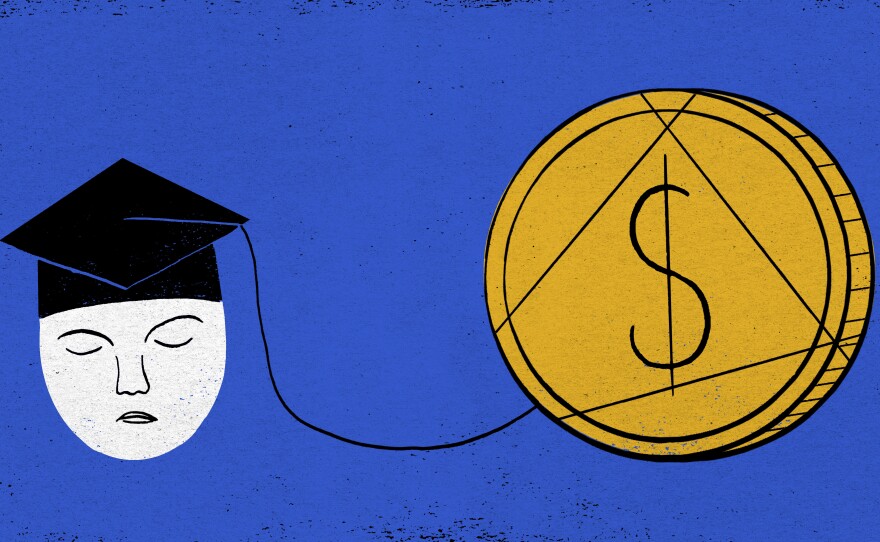It's a new year and a new edition of our weekly education news roundup --welcome back!
DeVos plans to make it harder for defrauded students to get their money back
In yet another step in an ongoing saga of rulemaking and un-rulemaking, the Department of Education proposed a much higher burden of proof for people who want their student loans refunded after claiming their colleges have defrauded them. Under the preliminary proposal, which is subject to change, students would have to individually provide "clear and convincing" evidence that their college acted with "intent to deceive," or a "reckless disregard for the truth." This proposal, hailed by the for-profit college industry, comes after news a few weeks ago that the Department intends to restrict loan-forgiveness for some former students who have already been judged to fall under this rule.
Winter weather closes schools
Thursday's snowstorm affected more than 200 million Americans, by some estimates. Schools were closed from Maine to Florida for the day, and bitter cold kept them closed in some areas. In Baltimore, even before the storm, inadequately heated classrooms, some with burst pipes, drew outrage, especially when it emerged that the city has had to return tens of millions of dollars to the state that were intended for repairs because of delays and cost overruns. The district responded: "Our priority is always to open buildings whenever possible. We want students to have every possible opportunity for teaching and learning, and we also want to make sure that students can get the services and supports that many families rely on — for example, warm meals and before- and after-school care."
Is bilingual education being "gentrified"?
Dual-language immersion education, where instruction is offered equally in English and another language, is growing. These classrooms can offer a host of benefits to all students, as we've reported. Diversity is one of them.
An article in The Atlantic argues that this model is becoming so popular among higher-income and white families, that poor students and, ironically, English language learners, are in danger of being crowded out.
States are loosening rules to combat teacher shortages
All 50 states began this school year with teacher shortages at least in some areas, according to a report by the Pew Charitable Trusts. In response, Arizona, Illinois and Minnesota are among states that are making it easier to get teacher credentials — in Minnesota, in some cases without a bachelor's degree. Meanwhile, 31 states have some form of pay incentive in place. In Oklahoma, where we covered a story on the teacher of the year leaving the state for better pay, the teacher shortage remains acute. The state's voters nixed a ballot initiative last year with a 1 percent tax increase for education. Teachers haven't had a raise there since 2008.
Just under half of large public universities track student suicides, report finds
The Associated Press surveyed the 100 largest public colleges and found that only 46 are tracking student suicides. Suicide is a leading cause of death for young adults, although it's actually less common among college students than the general population. Data collection can aid in prevention efforts, but can also produce unwanted publicity for schools.
"Loan aversion" is the top education research article topic of the year
The American Educational Research Association released its top 10 list of their most-accessed research articles of 2017. At the top was a study of "loan aversion." This is the tendency to avoid attending more expensive colleges, even if someone is academically qualified, because of a fear of debt. The researchers, led by Angela Boatman of Vanderbilt University, found more than one in five high school seniors said on a survey that it is not OK to borrow money to pay for college; men and Hispanics were more likely to be loan-averse.
Other most-read articles took on the Common Core, virtual schools and the rise of children's academic skills at kindergarten entry.
Empty classrooms in Puerto Rico
NPR reported that, since Hurricane Maria, school enrollment in Puerto Rico has shrunk by some 22,350 students, roughly 1 in 13. Thousands have shown up for school in Florida and elsewhere. The island, in a fiscal crisis, was closing under-enrolled schools even before the storm.
Copyright 2018 NPR. To see more, visit http://www.npr.org/.






